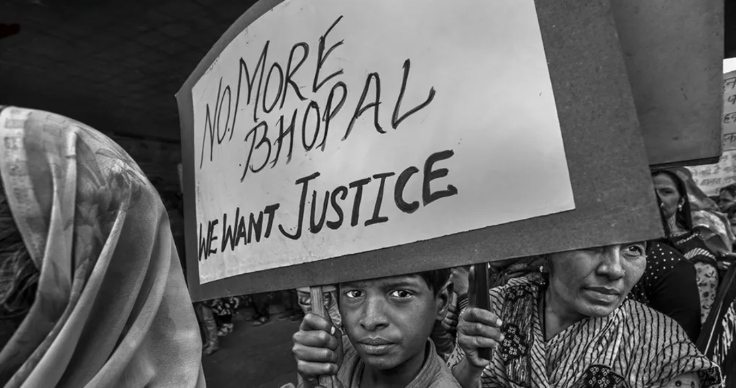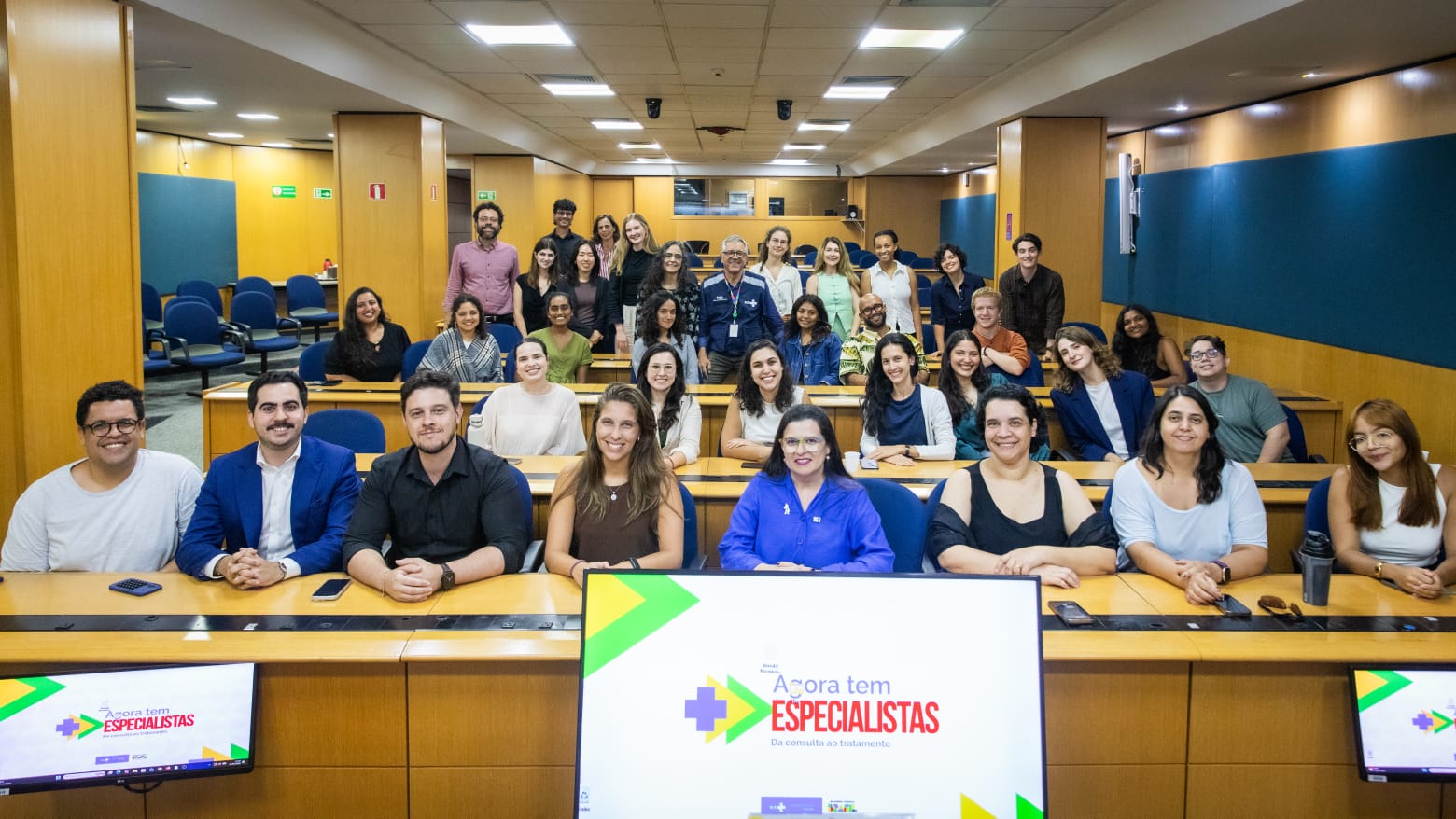Student Commentary: 40th Anniversary of the Bhopal, India Chemical Disaster

Today marks the 40th anniversary of the Union Carbide Bhopal Disaster of 1984. Survivors of the disaster have worked to make December 3rd an international day of remembrance, and have also introduced a resolution in Congress to mark December 3rd as “National Chemical Disaster Awareness Day.” Chris Clark, a PhD student in the Department of Environmental Health wrote the following commentary about this disaster, and its impact on public health.*
In 2008, my middle school class was tasked with reporting on man-made tragedies, and I chose the Union Carbide Bhopal Disaster of 1984. An American pesticide plant leaked methyl isocyanate (MIC), a chemical that left thousands fleeing from their homes during the night of December 2nd. My presentation included the horrors of that night and the aftermath of the incident. I will never forget the faces of children my age riddled with birth defects, especially cleft palates.
Leading up to the presentation from the International Campaign for Justice in Bhopal, I got a message from a friend saying that survivors of the disaster would be coming to Harvard. I was gripped with memories of my studies from over a decade ago, and I knew I needed to bear witness to their story.
I met Farhat Jahan, Bati Bai Rajak, and Rachna Dhingra. These three women were on a 42-day crusade for their community and commanded our attention. Their message was clear: “The people in Bhopal are still seeking justice and accountability from the corporations that waged a genocide in their city 40 years ago,” said Rachna Dhingra. The suffering of the people of Bhopal, India, did not end the night of December 2nd; rather, it was the beginning of a 40-year-long gaslighting campaign. DOW Chemical now owns Union Carbide and refuses to take proper accountability for the spill.
I was asked to comment on how this affected me as a first-year student at Harvard. What stood out to me is that our training in public health makes us excellent employees for all organizations, but our training falls short in truly learning how to help people who have been wronged by the very systems and organizations we dream of representing. The stories of Farhat and Bati have only deepened my conviction that as public health specialists, we are culpable each time we turn an indifferent blind eye to injustice and suffering.
We must ask ourselves how we can fight for survivors of chemical trespass. We must ask ourselves why we expect survivors to revictimize themselves through public displays of their suffering to get us to care. We must ask ourselves how so many of the best and brightest among us become complicit, selling their public health principles to the highest bidder- betraying the very call that brought us to the public health movement in the first place.
This story was not about my friends, family, or neighbors. It was not my pain and suffering to bear. However, freedom is everybody’s business. We are bound by a thread of humanity that intertwines to form the fabric of our communities. Since middle school, I learned that my own hometown has fallen victim to a slow-motion chemical disaster that has left us polluted with the “forever chemicals” known as PFAS. We too have been bullied, gaslit, and revictimized by our assailants. Little did I know that on September 25th, I would soon meet allies in the resistance against the endless sacrifice of the innocent on the altar of corporate greed and profit. Together, we will never stop fighting to bring the justice we so righteously deserve.
You can learn more about The International Campaign for Justice in Bhopal on their website at bhopal.net.
 Christopher Clark is a first year Biological Sciences in Public Health PhD student in the Department of Environmental Health, currently rotating in the Sarosiek and Ubellacker Labs.
Christopher Clark is a first year Biological Sciences in Public Health PhD student in the Department of Environmental Health, currently rotating in the Sarosiek and Ubellacker Labs.
*Harvard Chan School and the Department of Environmental Health seek to invite commentary from a wide range of experiences and perspectives. The writer’s views do not necessarily reflect the views of the Chair, the Department, the School, or the University.


